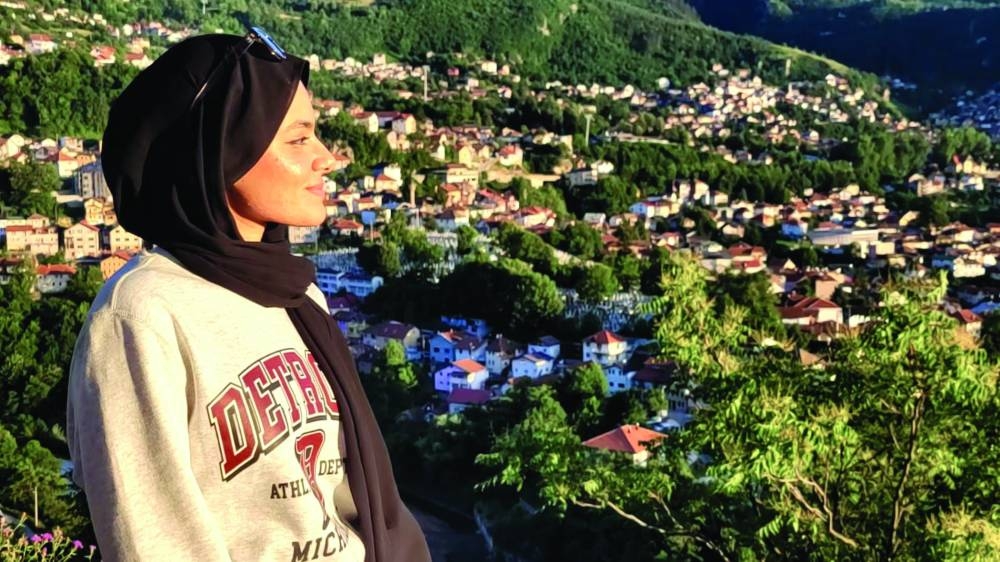Amid the echoes of past conflicts in Bosnia and the ongoing struggles in Poland, Georgetown University in Qatar (GU-Q) students Minahil Mahmud and Michelle Hadebe are uncovering stories of resilience and hope.
Through Education and Social Justice Fellowships, they explored the pivotal role of social justice initiatives in post-conflict recovery.
Mahmud’s journey took her to Bosnia and Herzegovina, where she delved into the complexities of interfaith dialogue, education, and peacebuilding in a society recovering from the Bosnian genocide of 1992-1995.
Her independent fieldwork involved engaging with various communities, offering unique insights into the nation's recovery process.
“I examined the programming of a faith-based organisation in facilitating connections between young people from different religious backgrounds and regions of the country,” she said.
One of Mahmud’s most memorable moments was her interaction with students aged 15-19 at the John Paul II Youth Centre in Sarajevo.
“They were very grateful for being given the time and space to share their experiences,” she said.
Through workshops and shared meals, Mahmud uncovered stories of resilience and hope central to her study on healing from conflict.
As an International Politics major, Mahmud found the fellowship a pivotal opportunity to put her coursework into practice, equipping her to become a standout researcher and advocate for social justice in her future career.
Hadebe's fellowship took her to Poland where she focused on community-based initiatives aiding teenage refugees from the ongoing war in Ukraine.
“My research examines efforts to help them deal with the trauma of conflict and forced migration, as well as their integration into Polish society,” she explained.
A particularly impactful moment for Hadebe, who hails from Mamelodi in Pretoria, South Africa, was sharing her personal migration story with the students.
“Although we are from different countries and contexts, we could all resonate with one another and understand our shared experience with migration and integration,” she said.
Hadebe’s findings emphasised the essential role of social justice in every aspect of society.
“It’s the cornerstone. Every individual household, school, and business needs to address and contribute to making the society it exists in fairer,” she asserted.
Hadebe’s research highlighted how targeted, collaborative efforts can directly improve the lives of vulnerable communities.

The students explored the pivotal role of social justice initiatives in post-conflict recovery.
